Managing a campaign can be complicated, especially when it has lots of moving parts and deadlines.
The right campaign management tools can streamline workflows, enhance communication between your marketing and sales teams, and help you track and evaluate every step of the campaign process.
For example, campaign management systems can provide workflow automation tools, marketing tools with real-time tracking, or software to make segmentation easier.
Whether you’re launching a campaign through social media, email, an event, or other channel, you need the right tools to manage and review its progress. These campaign and project management tools can help ensure you meet your deadlines, meet your campaign’s goals and ensure that your marketing plan is running smoothly.
1. Wrike
Wrike is a project management platform that offers powerful automation benefits. Customizable dashboards, workflows, and approval processes help keep teams connected.
You can easily see the big picture of how your campaign is developing or examine individual tasks for a detailed, more nuanced view of campaign progress and accomplishments. The result is greater productivity and a better sense of just where you are in your campaign at any given point.
2. Jotform
You can use Jotform for a wide variety of campaigns, including events, advertising, marketing, and lead generation. The form templates are versatile, and you can customize them to your needs. Once you’ve created your form, you can embed it in your website or email it to your audience.
Jotform Tables also helps you track and manage your campaigns. Table templates like the digital marketing campaign or marketing plan template can track all of your essential campaign information. You can review the information at a glance, share it with your entire team, or use it to improve your campaigns.
Jotform offers a whopping 150-plus integrations. Chances are, you can use it with the other apps that power your marketing campaigns.
3. HubSpot
HubSpot’s customer relationship management (CRM) platform unites your marketing, sales, content management, and customer service in an all-in-one platform. You can easily access detailed reporting and insights, and a pipeline management feature means you can spot potential issues and take steps to address them — keeping the campaign moving forward.
HubSpot also offers valuable features like email tracking and notifications, prospect tracking, and live chat, enabling effective lead management.
4. Zoho
Zoho is a popular CRM platform that provides customer service tools, business email, finance, software, and applicant tracking. Zoho’s sales and marketing tools include campaign support, forms, and marketing automation functionality to enhance your campaigns.
Zoho also boasts more than 45 integrations, making it an easy, time-saving addition to your existing software.
5. Basecamp
Basecamp makes it easy to keep your campaign projects and tasks in one place. You can assign tasks to team members, and the to-do list feature makes it easy to tell at a glance which items are priorities.
Basecamp has a group chat function for instant communication, as well as a message board that creates a record of previous discussions. You can schedule automatic check-ins that prompt team members with questions at particular times. Automatic check-ins keep teams engaged and accountable, and provide valuable updates on campaign progress.
6. Asana
Asana makes it easy to create projects and tasks, and monitor their progress. You can assign tasks to individual team members, ensuring multiple teams work together smoothly.
Asana offers multiple dashboard views, so you can see detailed information about what tasks are on each team member’s plate, what’s been completed, and what assignments or changes you may need to make to keep the campaign moving forward.
Because Asana allows you to upload documents and comment directly on tasks, you can keep the work product and communication in a central location.
7. Hootsuite
Hootsuite has long been one of the more valuable tools for managing social media campaigns. This platform makes it easy to post across multiple social networks, saving you time. Its calendar view lets you review your scheduled content, so you can ensure that you’re posting content consistently.
You can also identify potential gaps in your content, so you can take steps to address those problems before the content is published. Hootsuite enables you to get your whole marketing team involved by assigning them posts and messages to respond to.
Find the best campaign management software for your business
When deciding which platform is right for your business, it’s important to think about the types of campaigns and marketing activities you do, as well as the problems you want the marketing platform to solve. Whether you’re focusing on content marketing, an e-commerce product launch, or a direct mail campaign, look for a platform that helps you manage deadlines and track metrics.
It’s also important to make sure the platform you choose supports your entire team. Many of these platforms offer benefits outside of strict campaign work, including task management and workflow automation features that you can apply across your organization. Because they are so versatile, with so many potential applications, any of these campaign management tools will be a valuable investment for your business.
Image by StartupStockPhotos from Pixabay

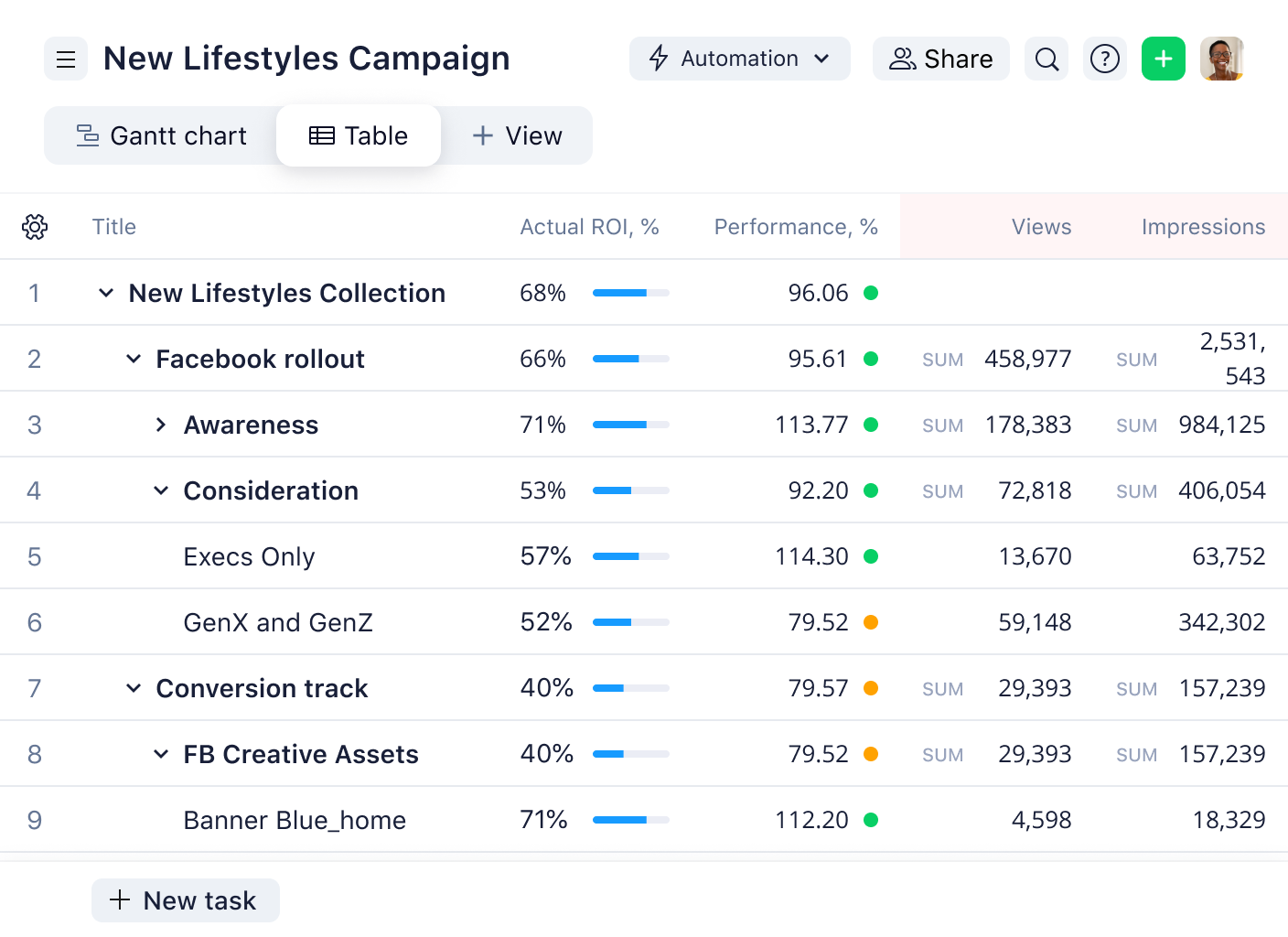
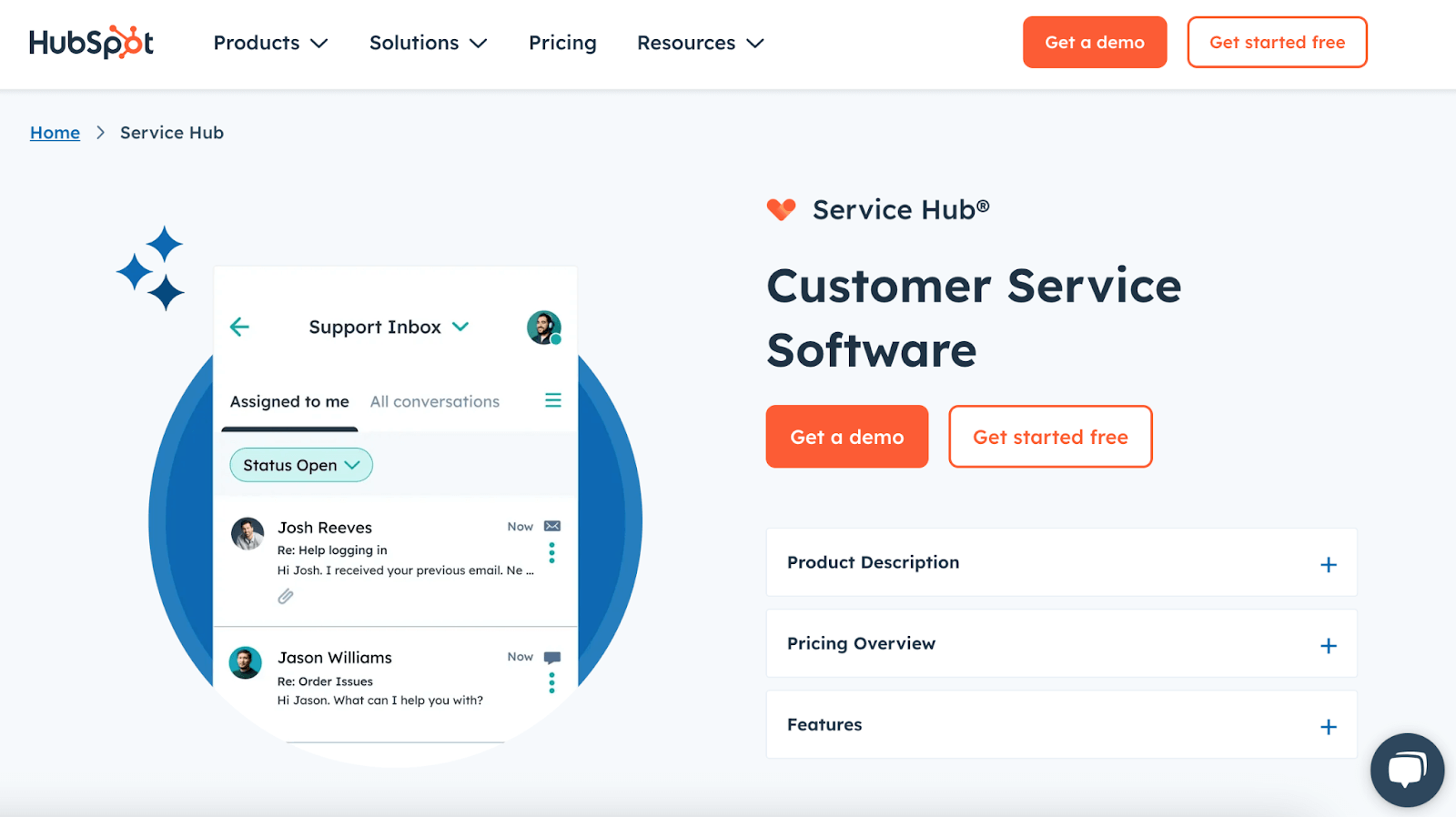
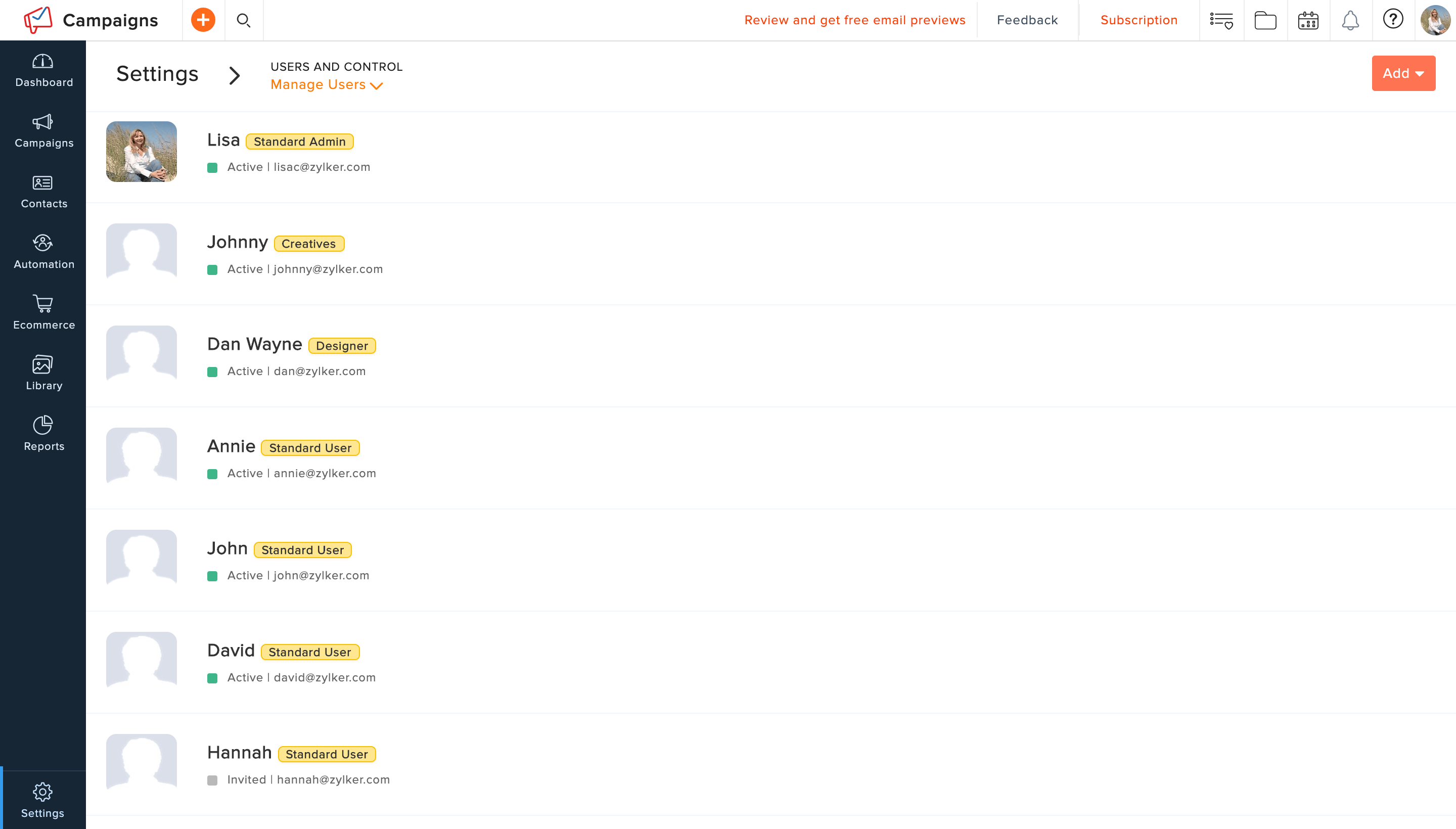
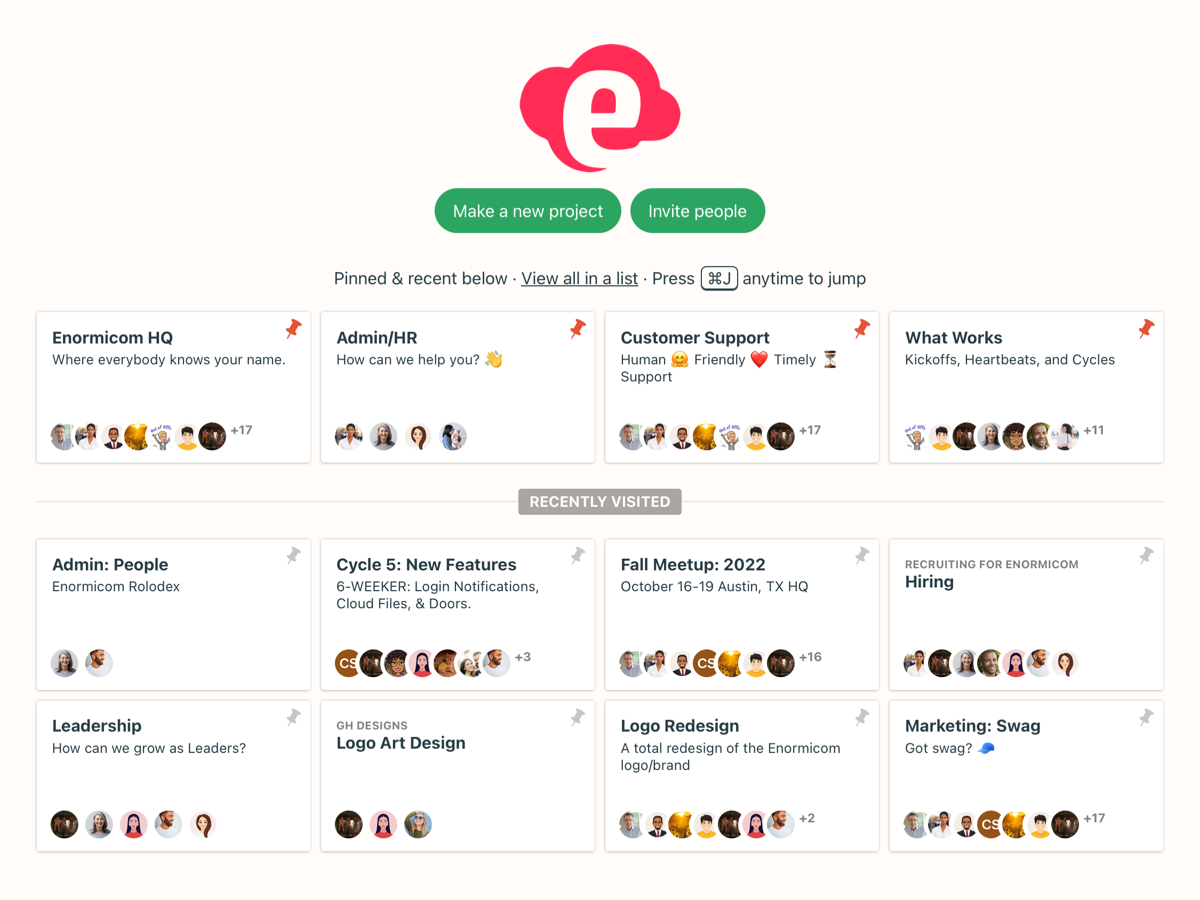
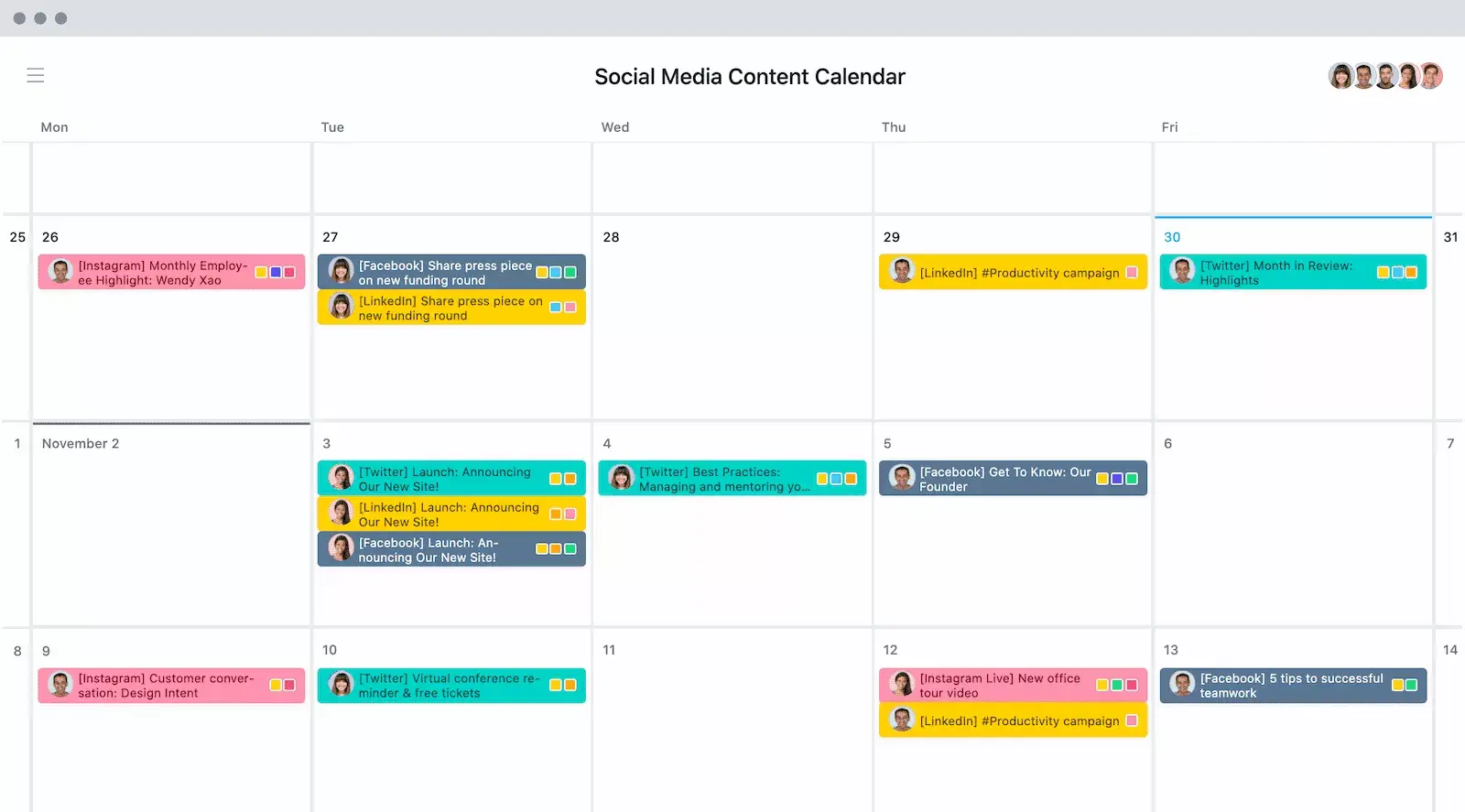
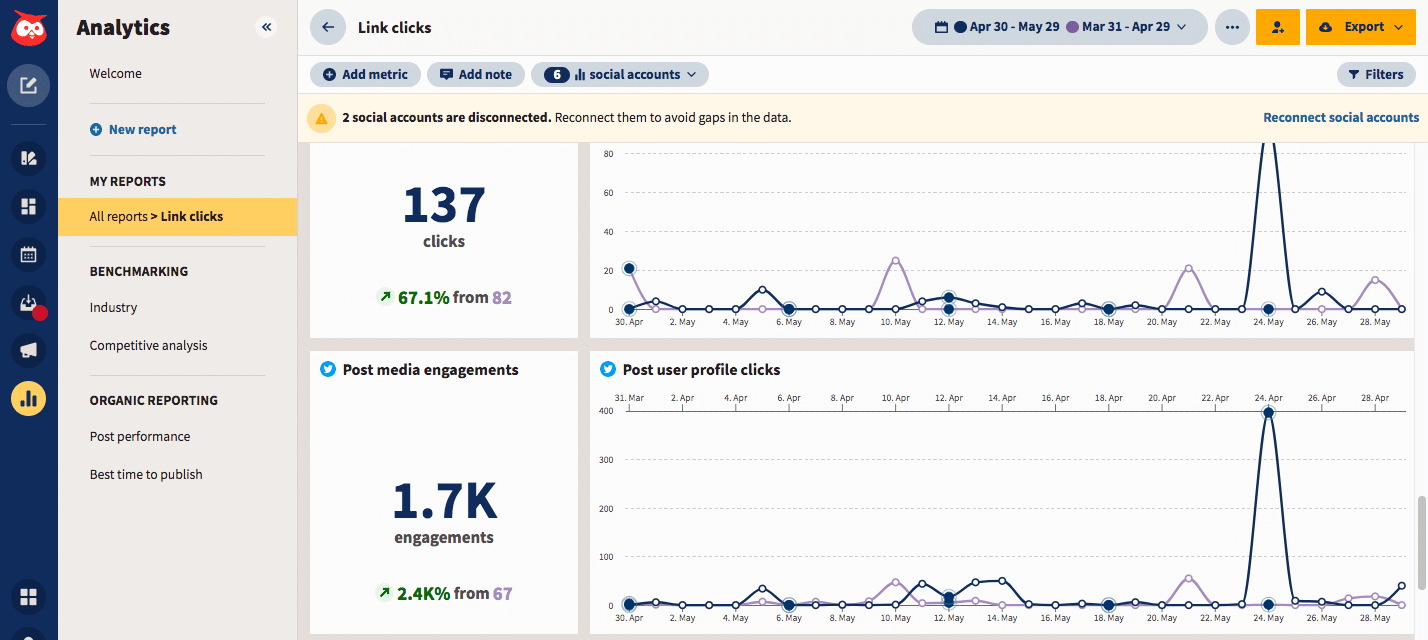




























Send Comment: